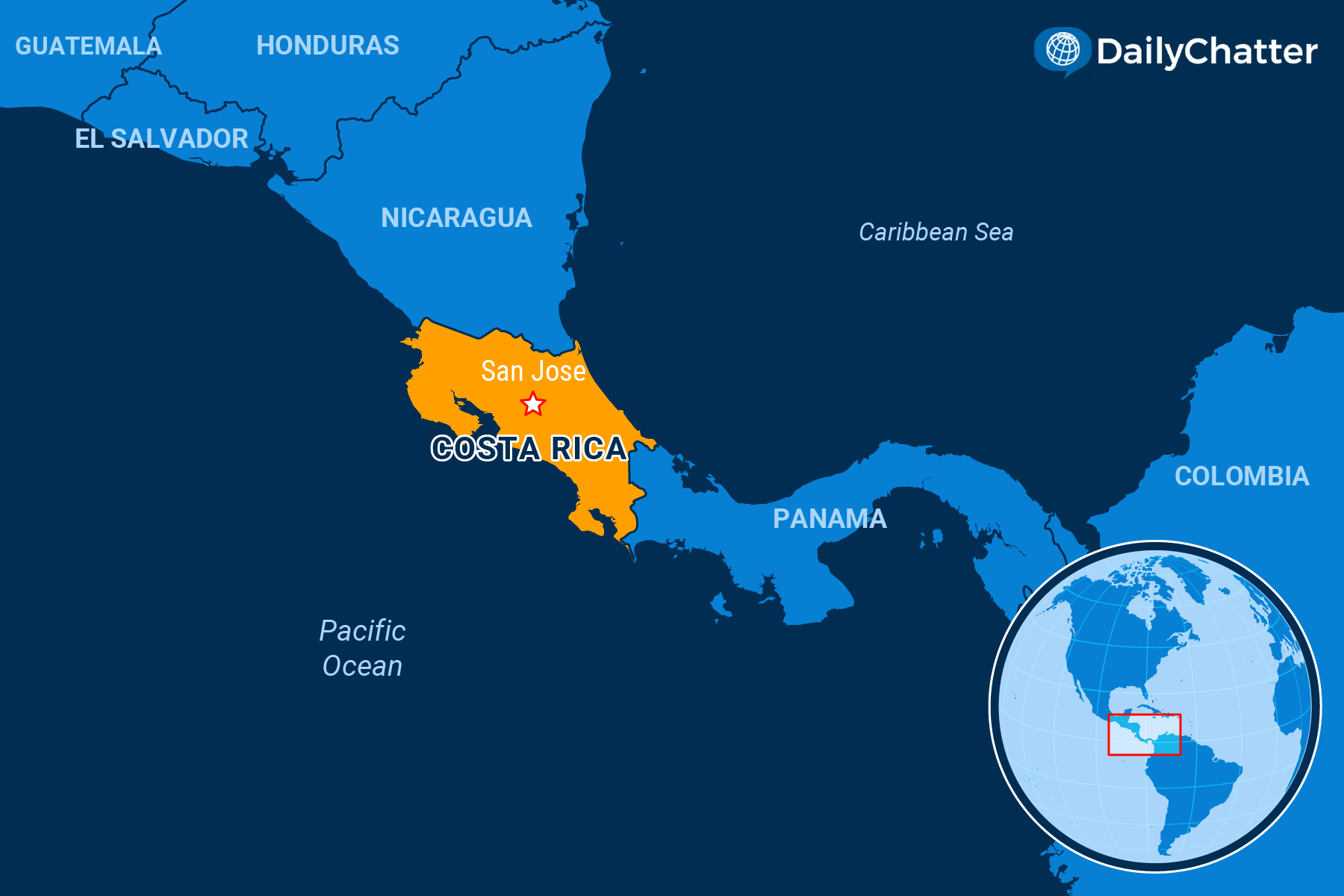Disrupting Order

Costa Rica’s Supreme Court of Justice ruled this month to eliminate the requirement of using a father’s surname before a mother’s on identification documents, a practice common in Spanish-speaking nations, the Associated Press reported.
The ruling follows a request for clarification from the country’s elections board after a resident sought to change the order of their name. In Spanish-speaking countries, individuals usually go by the two last names of their parents.
But the custom usually entails that the father’s name comes first.
However, the top court said the previous requirement was based on “customary practices based on patriarchal and archaic concepts of family, which discriminates against women and today is incompatible with the law of the Constitution.”
Following the verdict, citizens can now choose the order of their surnames.
Costa Ricans welcomed the decision, acknowledging it as a step toward recognizing the role of mothers and women in society.
Lawyer and human rights activist Larissa Arroyo told the AP that the ruling had broader implications, noting its significance for same-sex couples and the elimination of societal pressures related to maintaining family names. Instead, she added that it goes far to address patriarchal norms in Costa Rican society.
The decision aligns with a bill passed by Costa Rica’s Human Rights Commission in the legislature last year, which proposed allowing citizens to choose the order of their names.

Subscribe today and GlobalPost will be in your inbox the next weekday morning
Join us today and pay only $32.95 for an annual subscription, or less than $3 a month for our unique insights into crucial developments on the world stage. It’s by far the best investment you can make to expand your knowledge of the world.
And you get a free two-week trial with no obligation to continue.
